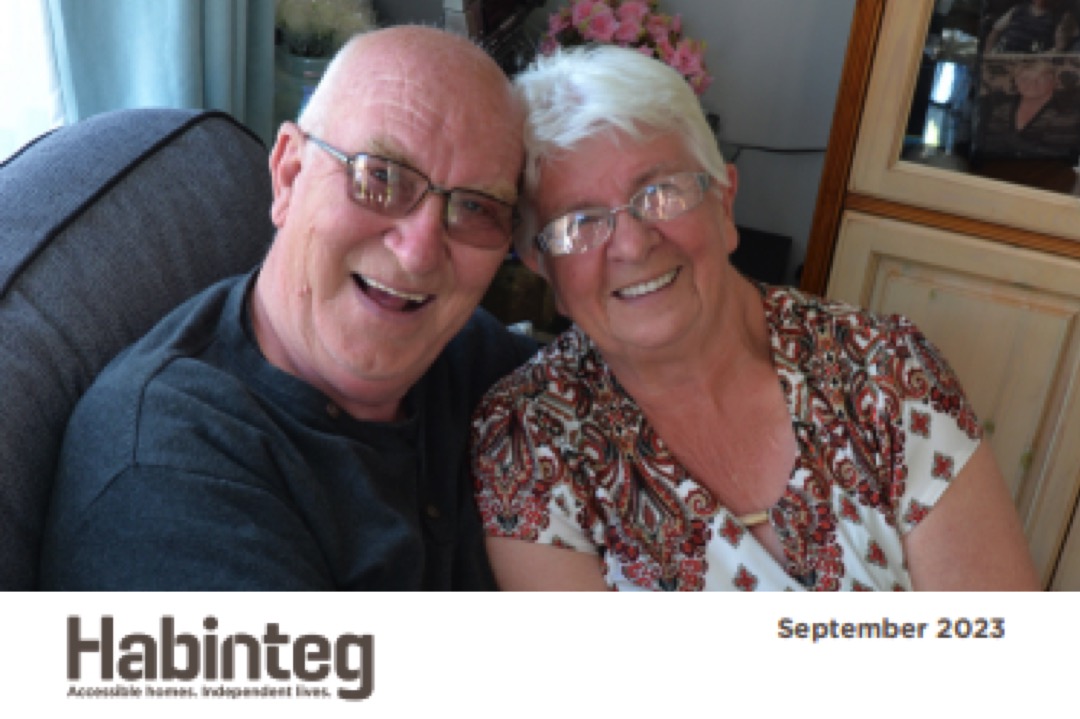Habinteg Report: Living Not Existing
Back to Resources
Habinteg Report: Living Not Existing
Thu Sep 07, 2023
Habinteg have launched their latest report titled "Living not existing: The economic and social value of wheelchair user homes."

400,000 wheelchair users in England are living in unsuitable accommodation.
20,000 estimated to be on local authority waiting lists for a wheelchair user home.
Data gathered via FoI and published in January 2023 [shows] that a wheelchair user joining a local authority waiting list could have to wait up to 47 years to be offered a suitable new-build property.

